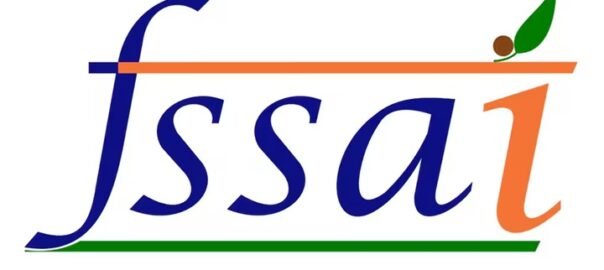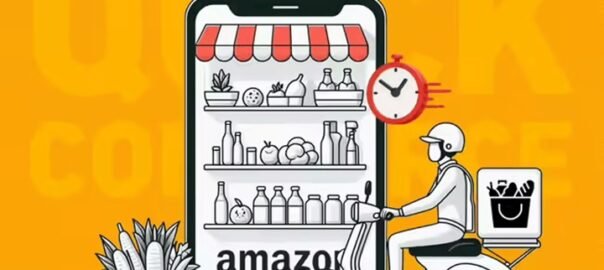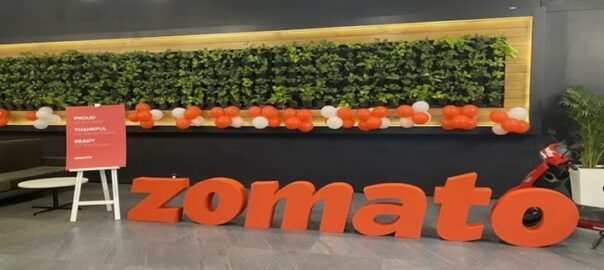Seven new malls featuring luxury brands are scheduled to open across the UAE and Saudi Arabia by 2027, and these developments will definitely help boost the GCC luxury sector further, says Banda
The Gulf’s personal luxury market is thriving, bucking global trends with $12.8bn in sales and a 6 per cent year-on-year growth in 2024, according to Chalhoub Group’s landmark GCC Personal Luxury 2024: Unstoppable report.
In this interview, Jasmina Banda, chief strategy officer and president of Joint Ventures at Chalhoub Group, unpacks the key findings — from the booming beauty segment and rising digital luxury adoption to the growing influence of tourism and the emergence of next-gen luxury brands in the region.
Tell us about the key findings of the report; what intelligence did your team harness to develop this landmark report?
As we analyse the findings of our latest GCC Personal Luxury report, one of the most significant findings is that the luxury sector in our region continues to demonstrate resilience and adaptability despite global economic challenges.
With retail sales reaching $12.8bn and a growth trajectory that outpaces the international average, we see tremendous potential for brands to leverage this momentum.
This document consolidates data from Chalhoub Group, its partners, and estimates for both offline and online markets across six GCC countries: the UAE, Saudi Arabia, Kuwait, Qatar, Bahrain, and Oman.
Within its scope, the report analyses luxury trends across four categories: 77 high-end fashion brands, over 1,000 prestige beauty brands and retailers, 30 luxury watch brands, and 16 fine jewellery brands.
Consumer insights are grounded in proprietary Chalhoub Group research studies conducted between 2023 and 2025 across various GCC markets.
The GCC luxury market grew over 6 per cent in 2024, defying global declines. What key factor is driving this regional resilience and momentum?
Several key factors are propelling the upward trajectory of luxury in the GCC:
Favourable economic conditions: Strong government initiatives, particularly in Saudi Arabia and the UAE, foster a conducive environment for luxury spending.
Retail expansion: The luxury retail landscape is evolving with new store openings and high-end mall developments enhancing consumer access to luxury brands.
Consumer spending habits: Resilient consumer confidence and rising disposable incomes drive robust demand for luxury goods.
Tourism resilience: Despite regional geopolitical challenges, an influx of affluent tourists continues to drive luxury sales.
E-commerce growth: The transition towards online shopping is accelerating, with the e-commerce luxury segment outpacing global growth rates as consumer behaviours evolve.
Fashion remains the largest category, while beauty saw the fastest growth at over 12 per cent. What are the consumer behaviours and trends behind this shift?
In 2024, fashion remained the largest luxury category in the GCC, accounting for 43 per cent of total personal luxury spend, with a strong over 6 per cent year-on-year growth, mainly driven by ultra high-end brands and new store openings.
However, prestige beauty outpaced all categories, registering the fastest growth at over 12 per cent, with skincare emerging as the top-performing subcategory, growing over 17 per cent versus 2023. Fragrance continues to dominate the beauty mix, contributing 49 per cent of total beauty sales.
This shift reflects resilient consumer sentiment, with 97 per cent of GCC consumers intending to maintain or increase spending over the next three months. This is also driven by the ongoing retail expansion in the region — enabling greater access and visibility for luxury beauty brands.
Despite luxury e-commerce in the GCC accounting for only 13 per cent of sales, it grew over 13 per cent — far ahead of the global average. What’s enabling this digital acceleration, and where do you see the biggest opportunities online – either via AI, new products, new client segments?
The GCC region is experiencing a surge in luxury e-commerce, with online sales now accounting for 13 per cent of the market — still below the global average of 20 per cent, but showing strong growth potential. In 2024, the region’s online luxury channel grew by over 13 per cent, significantly outpacing the global market, which saw a decline of minus 4 to minus 1 per cent.
This digital acceleration is fuelled by several factors: high domestic demand, an influx of affluent international shoppers, strong adoption of digital and omnichannel experiences, and the rapid expansion of emerging categories such as skincare and Asian beauty.
With tourism rebounding and affluent visitors like Russians making up 16 per cent of luxury spend, how are tourist flows influencing purchasing patterns across categories — any specific categories to monitor?
Tourism is playing a critical role in shaping luxury consumption in the UAE. With international visitors — particularly affluent travellers from markets like Russia, China, and India — making up a significant share of luxury spend, we’re seeing strong demand across categories such as leather goods, watches, and jewellery.
Dubai offers a strong concentration of top brands from these categories and remains a renowned destination for luxury shopping.
The report notes a strong Q1 2025, helped by store openings and the Ramadan effect. How critical is physical retail — especially new mall developments — to sustaining growth in the region?
Physical retail remains absolutely critical. Despite the rise of e-commerce, in-store experiences continue to drive discovery, brand engagement, and high-value purchases — especially in luxury, where sensory experience and personalised service are essential.
In Q1 2025, fashion grew by over 11 per cent and beauty by over 23 per cent, with part of this growth driven by the opening of Solitaire Mall in February in Saudi Arabia.
Seven new malls featuring luxury brands are scheduled to open across the UAE and Saudi Arabia by 2027, and these developments will definitely help boost the GCC luxury sector further.
What opportunities do you see for newer-to-region luxury brands like Jacquemus and Zimmermann, and how are they tailoring their approach to the GCC market?
We’re seeing strong momentum from a new generation of luxury brands expanding in the region. The recent flagship openings of Jil Sander and Maison Margiela at Mall of the Emirates reflect growing demand for new and emerging brands in the GCC. This next phase will be driven by rising consumer expectations, generational shifts, and a stronger desire for emotional connection, storytelling, and curated experiences.
Looking ahead, new retail developments will give brands more opportunities to elevate service and experience to meet the evolving expectations of the GCC consumer.
With the market expected to reach $15 bn by 2027, what new or emerging categories (for example, skincare, wellness, athleisure, Asian beauty) do you expect to drive the next wave of growth?
The GCC personal luxury market is poised for continued growth, projected to reach $15bn by 2027, driven by:
-
Robust local spending along with continued inflow of tourists and wealthy expats
-
New retail developments, particularly in Saudi Arabia and UAE (eight malls with luxury brands)
-
New generation of luxury brands entering and expanding in the region (for example, Jil Sander, Zimmermann, Jacquemus)
-
Development of new categories (for example, skincare, wellness, athleisure, Asian beauty)
-
E-commerce acceleration, particularly pure players
Author Credits- Neesha Salian
Gulf Business










